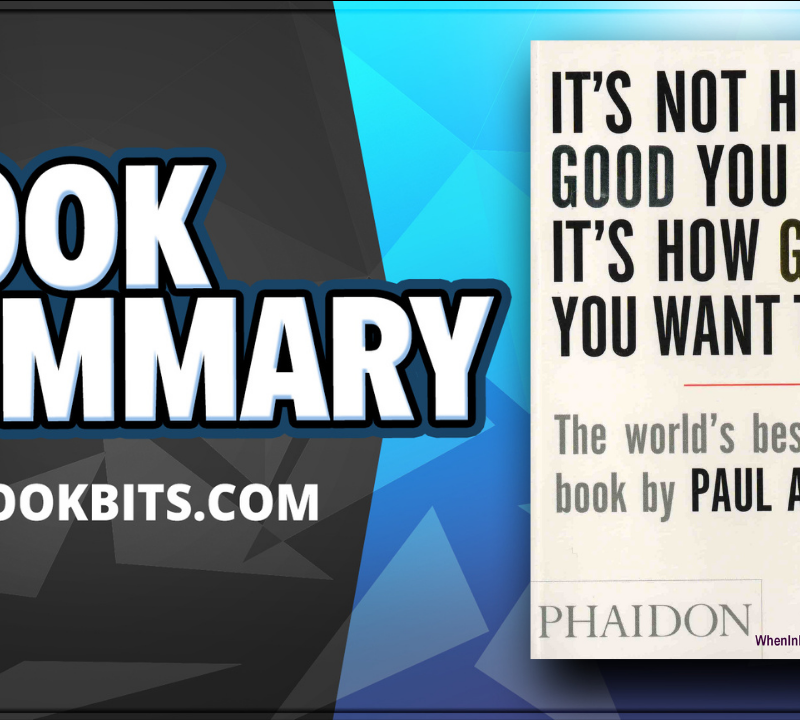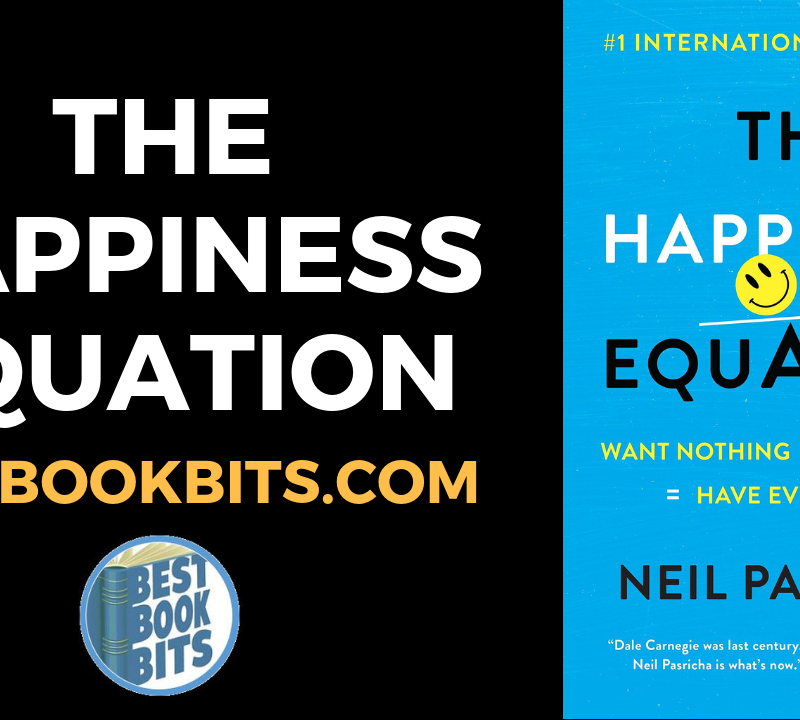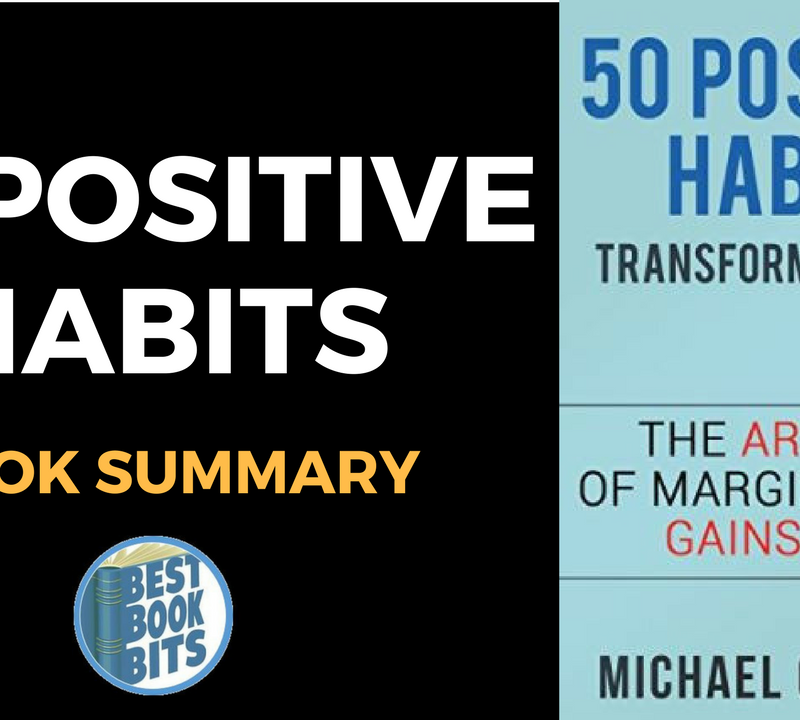★DOWNLOAD THIS FREE PDF SUMMARY HERE
? MY FREE BOOK TO LIVING YOUR DREAM LIFE”
? SPONSOR BESTBOOKBITS BY USING PATREON
? SUPPORT BESTBOOKBITS BY CLICKING THE LINKS BELOW
- 150 PDF Summaries
- Coaching Program
- Subscribe to My Channel
- Website
- Spotify
- Book Club
- Mailing List
- If you want to deliver the right idea at the right moment, you must begin the process far upstream from when you need that idea. You need to build practices into your life that will help you focus your creative energy.
- Anyone can improve his ability to generate good ideas consistently if willing to be a little more purposeful in how to approach the creative process.
- To attempt to be perpetually brilliant and increasingly productive, without changing the habits and structure of your life to accommodate that undertaking, is a futile effort.
- What you must avoid is the kind of frenetic activity that seems like productivity but is really more about the appearance of being busy than the actual accomplishment of effective work. You want to work strategically, not desperately. When it comes to your effectiveness, fake work is often more dangerous than no work at all.
- To be prolific means that you not only have great ideas, but that you actually do something with them. You can’t be bound by insecurity and neurosis. You must ship if you want to thrive.
The enemy of art is the absence of limitations. —Orson Welles
- The reality is that we are not capable of operating without boundaries. We need them in order to focus our creative energy into the right channels. Total freedom is false freedom. True freedom has healthy boundaries.
- To unleash your creative potential now and thrive over the long term, you need to establish your own rhythm. This creative rhythm will provide you with the stability and clarity to engage your problems head-on. This rhythm is set by how you structure the five elements: Focus, Relationships, Energy, Stimuli, and Hours.
- In most work, a well-organized team of creatives—even if they are not highly skilled—will produce exponentially more and better results than a lone genius. Strong organization is critical for teams of people who want to accomplish great things in the world, and a critical element of that organization is the ability to lead by establishing a culture obsessed with execution.
- Creative team faces two conflicting pressures: to produce timely and consistent work, and to produce unique and brilliant work.
- The organization is primarily concerned with the finished product, but 99 percent of what we do as creatives is process.
- Many organizations spend a lot of energy both on generating ideas and vetting the finished product, but very little time and effort creating healthy systems and expectations around the bulk of the work, which is the long process between idea and product.
- In his book How the Mighty Fall, author and researcher Jim Collins claims that one of the first signs of the decline of many great companies is when they fail to recognize the “why” behind their day-to-day activities. Once an organization has lost sight on this important connection, it inevitably gravitates toward mediocrity.
- We make things very complex in order to mask the reality that, deep down, we’re confused about our true objectives. Some of us use unnecessary complexity as a mask for insecurity.
Making the simple complicated is commonplace, making the complicated simple, awesomely simple, that’s creativity. —Charles Mingus
- While we have to be wise about the amount of work we choose to take on, we also must be willing to ignore these subtle and destructive impulses to “coast” and “go with the flow.” If we don’t stretch ourselves, we don’t grow. Growth is uncomfortable, but without the discomfort our capacity doesn’t remain the same, it shrinks. If we’re not growing, we’re dying.
- Expect that great things are going to happen, but don’t place parameters on what those things will be; inevitably, they will lead to disappointment or cause you to miss opportunities simply because you’re not looking for them.
- The foundation of every great work is a solid grasp of the fundamentals. No matter how great their accomplishments, and no matter how talented they are, the only path to consistent, long-term success is to maintain focus on the basics as the foundation for everything you do.
- Common sense is not common practice, and that people who succeed are often those who do the little, everyday things that others won’t.
- Stop living reactively and instill a new practice for thinking deeply about your work: lock in on the heart of the problem quickly (define), establish your game plan to center your activities around the most crucial priorities (refine), and organize your work so that you’re minimizing distractions and staying on the course (cluster).
★DOWNLOAD THIS FREE PDF SUMMARY HERE
? MY FREE BOOK TO LIVING YOUR DREAM LIFE”
? SPONSOR BESTBOOKBITS BY USING PATREON
? SUPPORT BESTBOOKBITS BY CLICKING THE LINKS BELOW
- 150 PDF Summaries
- Coaching Program
- Subscribe to My Channel
- Website
- Spotify
- Book Club
- Mailing List
- While effective boundaries can be useful in helping us gain focus, false boundaries based upon assumptions can actually cause us to use our energy ineffectively and distract us from what we’re really trying to do.
- We are often willing to sacrifice long-term gain for the sake of a little short-term satisfaction, and for many of us this tendency is seriously affecting our capacity to focus and be present in the moment. We have almost limitless options at our disposal to cure even the slightest case of boredom. It’s human nature to crave entertainment, and if that’s our will, then technology serves it very well.
- You don’t need to get rid of technology; you just need to use it in a way that increases your capacity to do what matters to you. You need to set priorities and hone in on them rather than living in a state of continuous partial attention.
- In order to work effectively you must broaden your focus enough to allow you to see potential connections, but not so much that everything seems random and you are unable to gain traction.
- One of a leader’s most critical roles is to identify the challenges for each project. Setting out four to six Challenge questions for each project will help the team surround the problem and ensure that all critical aspects are given adequate attention. The more quickly you can focus your mind on what you’re really trying to do, the faster you gain creative traction.
- Your mind is a wonderful servant but a terrible master. If you don’t refine your creative priorities on a regular basis and focus in on a few things at a time, your mind will go into a full retreat, and you will become overwhelmed with all that’s left undone. By choosing what you’re going to focus on, you’re relieving your mind of the pressure to resolve every creative problem simultaneously.
- Each time you break from what you’re doing to focus on something else, you lose traction, and regaining it takes more time than you may think. If you cluster similar kinds of work into blocks of time dedicated to the work, the penalty for these focus shifts is minimized.
- When you neglect your relationships, you limit yourself to your own experiences. But when you approach your relationships with purpose, you will be able to draw on many lifetimes’ worth of experience for insight and inspiration.
- The key to cultivating creatively stimulating relationships is threefold: you need relationships in your life in which you can be real, you need relationships in your life in which you can learn to risk, and you need relationships in your life in which you can learn to submit to the wisdom of others.
- Contrary to the cultural belief, to remain humble and curious and to bend our life to the advice of those further along the journey is actually a sign of strength.
- Some of us think that our student days end when we leave school, but many of the most accomplished professionals have maintained this posture of lifelong learning at the feet of others.
- Surrounding yourself with bright, motivated people will challenge you regularly to step up your own game. It is inspirational to hear what others are doing and to redirect some of their energy into your own work.
- Many of us overlook the fundamental law of nature when it comes to our creative work. Because the energy we expend shaping ideas is invisible, we fail to realize that there is a very real cost associated with every project we take on and every mental commitment we make.
- We all live with the illusion that we can have it all. This illusion is sold to us in the media; we are bombarded by ads and the news with images of people who accomplish superhuman feats of work without sacrificing anything in the process. If we’re honest, encountering these people can make us feel like we’re simply not pulling our weight as a human being.
- What we put into our heads will necessarily influence what and how well we create.
- Each creative idea is the combination of previously existing ideas, or bits of stimuli, into something new. The stimuli we experience can stretch us to think differently, to open our eyes to new ways of seeing the world.
The frames of our minds create define—and confine—what we perceive to be possible. Every problem, every dilemma, every dead-end we face in life, only appears unsolvable inside a particular frame or point of view. Enlarge the box, or create another frame around the date, and problems vanish, while new opportunities appear. —Benjamin and Rosamund Zander, The Art of Possibility
- A drowning man isn’t thinking about what he wants for dinner, he just wants a life preserver! In the same way, when we lack structure around the types of stimuli we experience, we lack the space and focus we need to apply our experiences to the work we’re engaged in.
- Play is a primary way children learn, and recent research has shown that play can contribute significantly to the learning of adults as well. Play helps us maintain emotional stability, too, which can be important to our overall energy level and capacity for good work.
- Comfort is the enemy of creativity. When we default to comfort out of fear of the unknown, we often ignore the paths that may change our life. Taking small steps to put ourselves in uncomfortable situations is one way of interrupting the comfort-seeking pattern.
We say we waste time, but that is impossible. We waste ourselves. —Alice Bloch
- To spend our time effectively means that we are willing to view our time as a portfolio of investments, not as a slot machine.
- When we spend much of our time in on-demand creating, we can quickly lose touch with the passions that fuel our best work. We grow used to leveraging our abilities for the sole purpose of meeting others’ expectations, and much of it is driven by hitting our marks rather than exploring new possibilities. The ironic part is that this personal creative passion is the most critical thing we bring to the work we do.
- When we create unnecessarily, we are setting our own agenda. We have permission to try new things, develop new skills, and make things solely for ourselves.
- You need to plan checkpoints at specific intervals in your life to ensure that you are still on the right course but not so frequently that so little has changed that you might be tempted to ignore them.
- The one constant in the life of a creative is change, which means that you must regularly ensure that the plans you’ve made and the practices you’ve established are still relevant.
★DOWNLOAD THIS FREE PDF SUMMARY HERE
? MY FREE BOOK TO LIVING YOUR DREAM LIFE”
? SPONSOR BESTBOOKBITS BY USING PATREON
? SUPPORT BESTBOOKBITS BY CLICKING THE LINKS BELOW
- 150 PDF Summaries
- Coaching Program
- Subscribe to My Channel
- Website
- Spotify
- Book Club
- Mailing List













